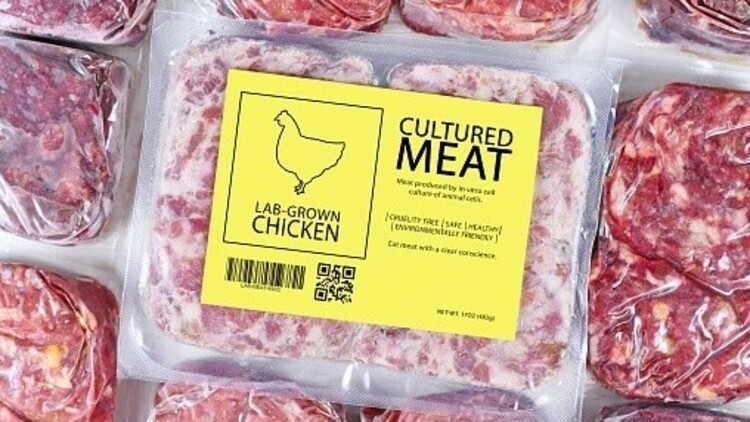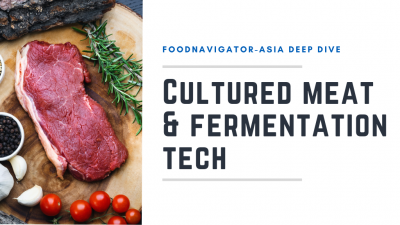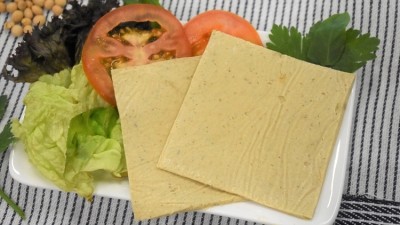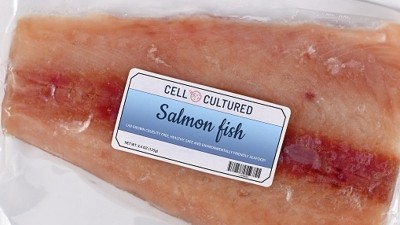Doomed to fail? Industry experts clash on economic and nutrition feasibility of clean meat

This is the view of Professor Paul Wood, a professor in biotechnology at Monash University and director of national services body Dairy Australia.
Furthermore, building a basic factory with equipment for alternative proteins would require a minimum initial investment of USD$450m. This leads back to the issue of having capital. It looks like a pharmaceutical factory and is expensive, he emphasised.
“I’m okay with paying $50 per kilo for a good piece of steak. But I’m not paying $50 per kilo for hamburger meat. The tech works – we have cultures and vaccines. But these are very expensive technologies. In terms of concept, I can’t see it.
“The costs must go down 10-fold. Eat Just recently announced their building of 250,000-litre bioreactors (in the US). When talking about scale, we are speaking about the minute-level scale. In that huge bioreactor barrel, we need to keep the thermal radiance consistent. This is (either) heroic or silly engineering. This is way above reality. Let’s be honest, we are talking about minute-scale, and there’s a long way to go.
“These are not meat. They’re cell slurry. You have to add minerals; you have to reconstitute that and ensure it has the same bioavailability, which we don’t actually know. There’s no certainty around nutrition in such products,” said Prof Wood, who has previously worked at Pfizer, CSIRO and Melbourne University.
The expert spoke in a fireside chat titled Truth Unmuted: Is clean meat inevitable? that was part of the Future Food Asia (FFA) 2022 Conference.
Debate on possible doom
The fireside chat also included two other panellists: the director of agribusiness under Temasek, Sébastien Pascual, and the CEO of cultivated meat contract manufacturer Esco Aster, Lin Xiangliang.
Pascual agreed with Prof Wood on the large investment needed. To disrupt a global meat market with an estimated worth of USD$1.5tn, a firm requires huge investments.
“Ultimately, we are trying to make people flexitarian and attract more of them to the potential of cultivated meat. We can get to 100% cultivated meat consumption, but this is where you need capital to scale,” said Pascual.
Lin chimed in on the disadvantages of cell-cultured meat, such as limitations in cell growth and therefore scaling up. Another issue that could crop up is the contamination of such open-process machines. However, there would be no issues with factors like manpower. For example, a 30,000-litre bioreactor can be manned by two workers, unlike conventional farming.
“There needs to be some baseline for cultivated meat. There is also a lot of rationale for such meat. It is possible, but challenging, to scale,” said Lin.
Solutions and second generations
Prof Wood suggested that local authorities worldwide could consider creating a framework for producing new-generation alternative proteins to ensure price parity, nutritive value and other factors.
Pascual also said it was “very important to bring focus and accountability as it’s risky, especially with taxpayers’ money”.
The second fireside chat explored the notion of needing a second-generation of alternative proteins. It featured the business development manager of Meat Analogue, Andre Da Costa, and the group leader of food process engineering at research body A*STAR, Dr Raffael Osen.
According to Da Costa, the first generation consisted of reconstructive blends, different sources of proteins, soy and cellulose. Currently, that generation is approaching its end and neutral engineering is employed.
“The next wave would be the diversification of proteins. Different proteins have different functionalities, and their flavours are more subtle,” said Da Costa.
The new wave also features the fermentation process, but Dr Osen cautioned that precision fermentation is still in its early stages. For instance, soy and wheat proteins derived are by-products of oil and might not contain the highest levels of protein.
“But if we changed the extraction of oil, we could get a protein-pressed cake. Hence, we need to tailor processing to crops. Analyse the functionality of ingredients. We can also increase the variety of sources and see it as a complex food. Break it the least to achieve functionality,” said Dr Osen.





















